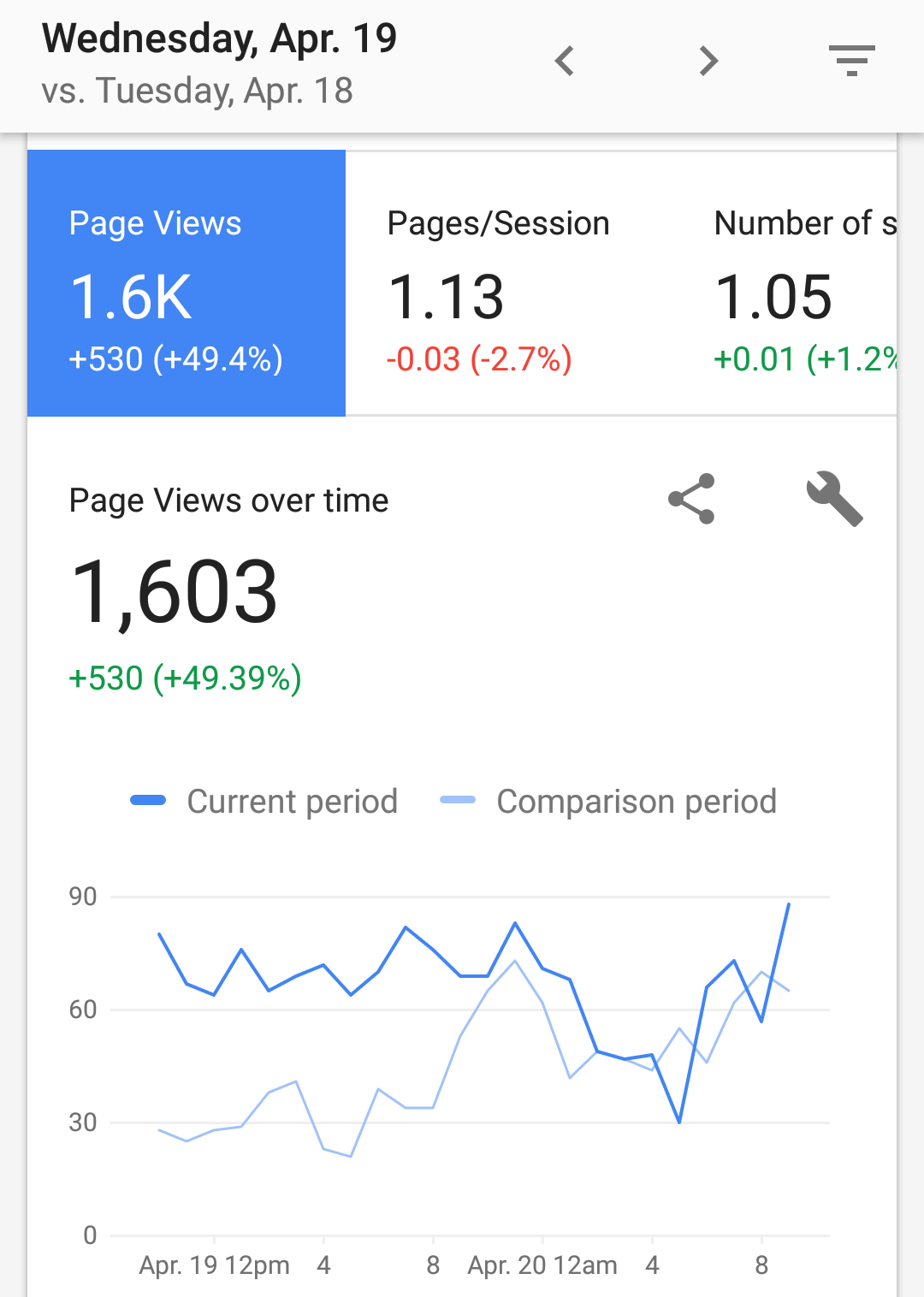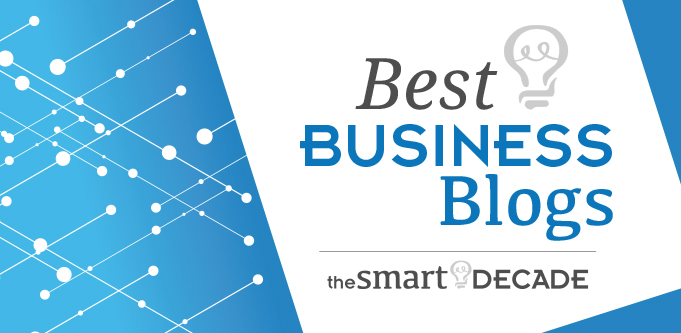Full recovery from Google “Fred” update
Welcome back Rankers! Look, I’ve been doing this show for about thirteen years now, every Wednesday. It’s on YouTube, it’s on our blog at stewartmedia.com.au, and every time it gets to this time of the week I go, “What am I going to talk about this week?!” Sometimes there’s lots to discuss, and other times not. So, if you have questions you want answered about SEO, PPC, or Facebook ads, just let us know and we will do a blog on it and answer your questions. Shoot them through to either the comments section on YouTube or the blog, the blog on SmartCompany, or just email us at [email protected].
Fred First Aid
Now, I want to talk to you about “Fred.” Fred was the name given to the March 9 update by a very flippant Gary Illyes, I’m going to keep calling it Fred or March 9 as you may know it as, and there were a few updates done around the same time. One of the people who discussed that was a bloke called Kim Pittoors. I hope I pronounced his name correctly. Kim was having a conversation with Gary and Gary confirmed there was more than one update.
What I’m about to tell you now you have to take that into account when you’re making changes on your own site. The site I was helping with, as we didn’t have any clients that were hit by it, he messaged me two days ago to say that everything was back. He had suffered a massive drop in traffic. You can go back and watch my video on it here. He had dropped off a cliff but got back to me and said that it looks like all the traffic is back and so I went and checked his rankings and a couple of key phrases and he’s ranking pretty much number one everywhere including the U.S. as that was one of the problems we had with Fred. We got his rankings back in Australia but the U.S. rankings didn’t follow.

That to me was more of a symptom that the U.S. is a more competitive market. The more highly competitive markets are for your key phrases, the harder everything is. If you are going from a .biz to a .com.au as we have, it’s going to take you longer if you are in the SEO industry as opposed to selling something that isn’t that competitive.
All these things take time, and they’ll take longer the more competitive it is. One of the things he said was that he had a couple of Amazon affiliate links as well, because there was a big deal at the time about it affecting sites that had affiliate links. It’s true that some sites that had affiliate links dropped at the time, but it doesn’t necessarily mean that much as most sites have affiliate links. This guy only had a couple of affiliate links and they weren’t on the pages where some of the rankings dropped. But he removed his couple of Amazon affiliate links, as he said they weren’t bringing him much traffic anyway, and he basically de-spammed his posts that lost ranking.
We’ve been through this, but essentially what he was doing was putting his main key phrase in every heading tag on the page. So he might have had a heading one followed by some heading twos, then he’d have some heading threes underneath that, and trying to work his key phrase into every heading. Now what I’ve always said in the past is feel free to work it in if it is natural. What I’m employing now though in my own blog posts is to use it in the h1 if it makes sense, but if it also makes sense to use it elsewhere on the page, do so, but only if it makes the article better.
One of the things I told him to do with his posts was to go through them and remove the key phrase where a sentence would still make sense if the key phrase weren’t there. If your key phrase is enhancing the content and helping the user, use it. If you don’t need to use it, don’t try to force it in. That’s basically how we’re working things now. We’re finding that it’s starting to make subtle changes with some of our clients. Say for instance pages that used to be targeted to a couple of different phrases and the page title may have reflected that, you reduce the page title or reduce some of the keywords in some of the headings, and the rankings come up.
Weak Links
To me these are about quality issues and the writing. They’re about how people consume the information you are publishing. You have to make it easy to read and it can’t be overly keyword heavy, which we’ve always said anyway, but now it seems more so. The affiliate link, yeah we have seen one or two sites that have removed affiliate links and they’ve come back. If you have many deceptive affiliate links in your site, and by ‘deceptive’ I mean it’s not obvious that you’re making cash from that. So for instance, and this is strange, Google is broken for many different things and I would say it’s broken for this one here.
This site should not be having a featured snippet. So the hCG Diet Review leads to them finding the best solutions for weight loss. But it actually isn’t the hCG Diet; it is the 18Shake Diet with a link to purchase it. The featured snippet states that, “Our experts have found that the most overall effective solution for weight loss is the 18Shake Diet.” Science may disagree, but that’s what Google thinks should be number one. And that’s Diets in Review. Then you find the affiliate link to another page.
So even that page, which is pretty dodgy, is ranking number one for that phrase. And when I say ‘pretty dodgy’, I mean it because of the affiliate link in that they’re not disclosing that. So I don’t think that’s a big issue with that March update. What I think is more of an issue is keyword stuffing; over-optimisation is the thing to call it. Anyway, if you were hit, try that and let us know. If you have anything else you’d like us to talk about on the show, then please let us know that too. And please, share with your friends, share on Facebook, share on YouTube, or wherever you want. Thanks. See you next week. Bye.

Jim’s been here for a while, you know who he is.


